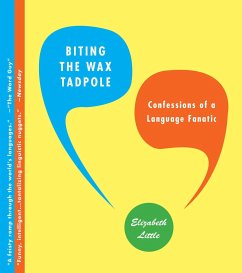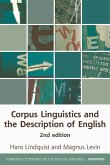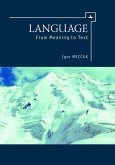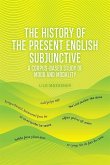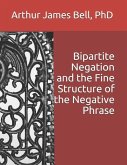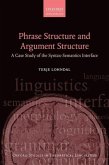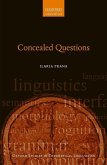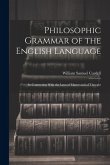When Chinese shopkeepers tried to find a written equivalent of Coca-Cola, one set of characters they chose was pronounced "ke-kou ke-la.” It sounded right, but it literally translated as "bite the wax tadpole.” Language, like travel, is always stranger than we expect and often more beautiful than we imagine. In Biting the Wax Tadpole Elizabeth Little takes a decidedly unstuffy and accessible tour of grammar via the languages of the world—from Lithuanian noun declensions and imperfective Russian verbs to Ancient Greek and Navajo. And in one of the most courageous acts in the history of popular grammar books, she attempts to provide an explanation of verbal aspect that people might actually understand. Other difficult and pressing questions addressed in Biting the Wax Tadpole include: *Just what, exactly, the Swedish names of IKEA products mean *Why Icelandic speakers must decide if the numbers 1-4 are plural *How Theodor Geisel (aka Dr. Seuss) was able to take an otherwise unexceptional pair of breakfast foods and turn them into literary fodder for generations *Why Joanie Loves Chachi was Korea's highest rated television show ever *Why Basque grammar seems downright kooky to just about anyone who isn't a native speaker

